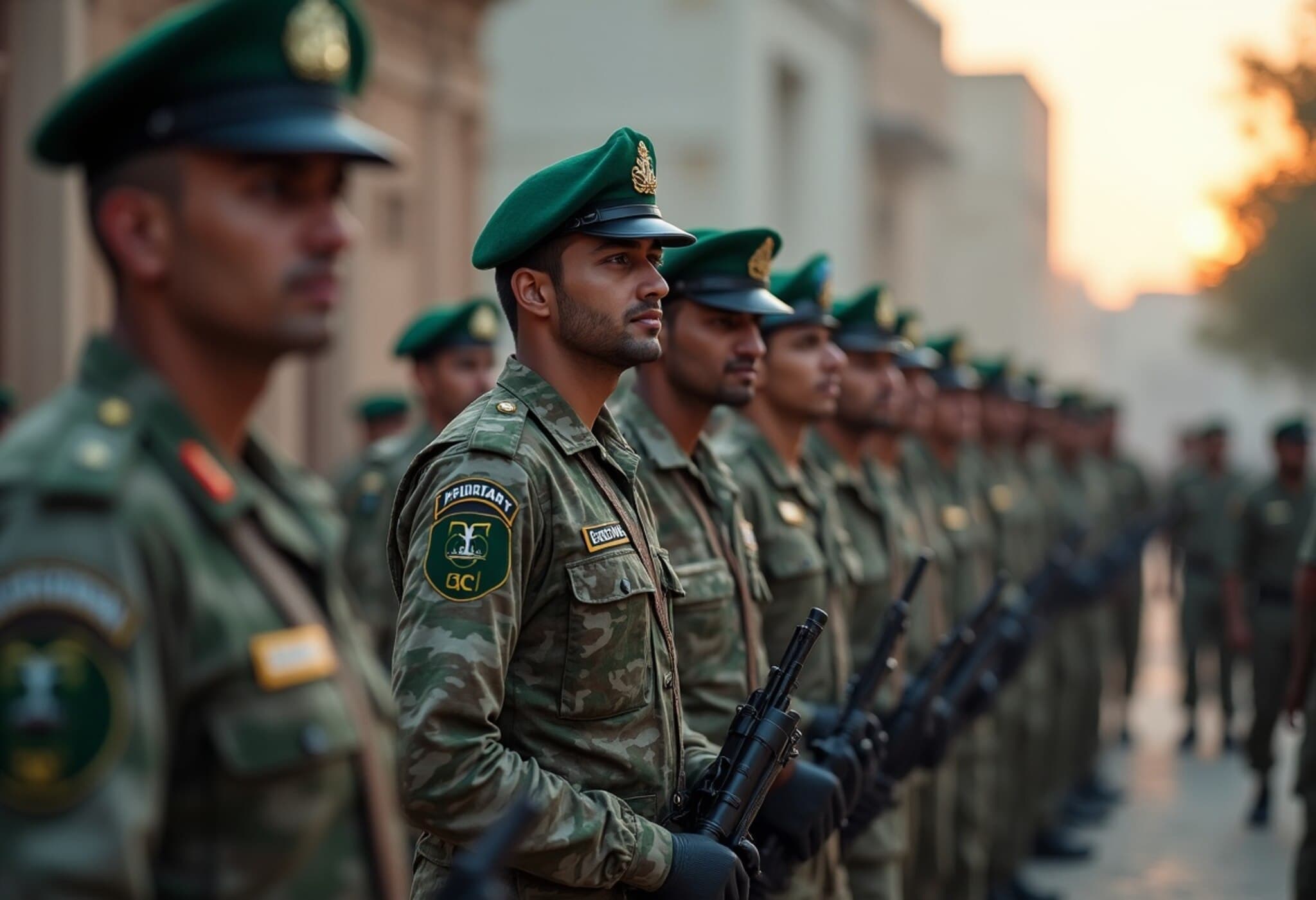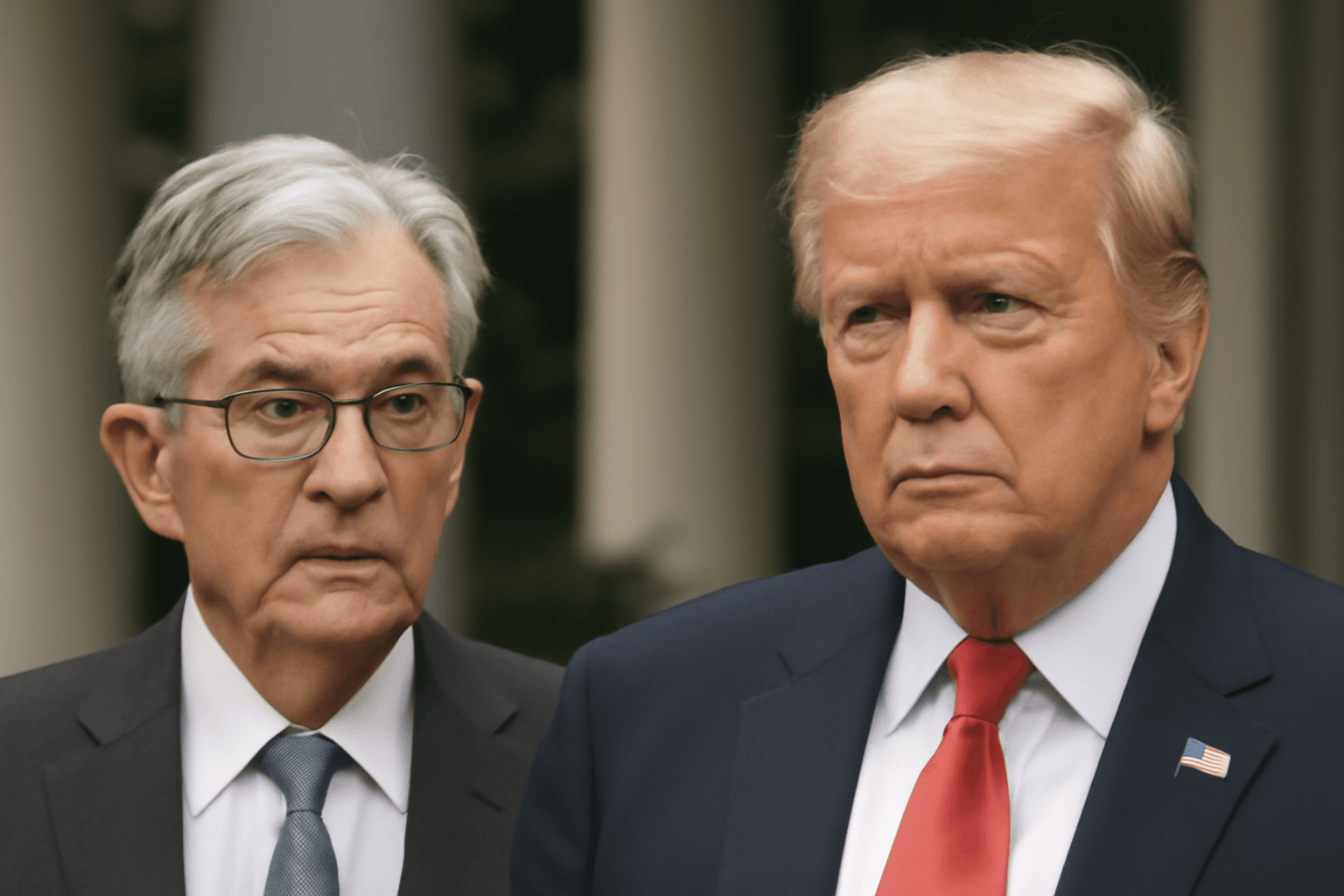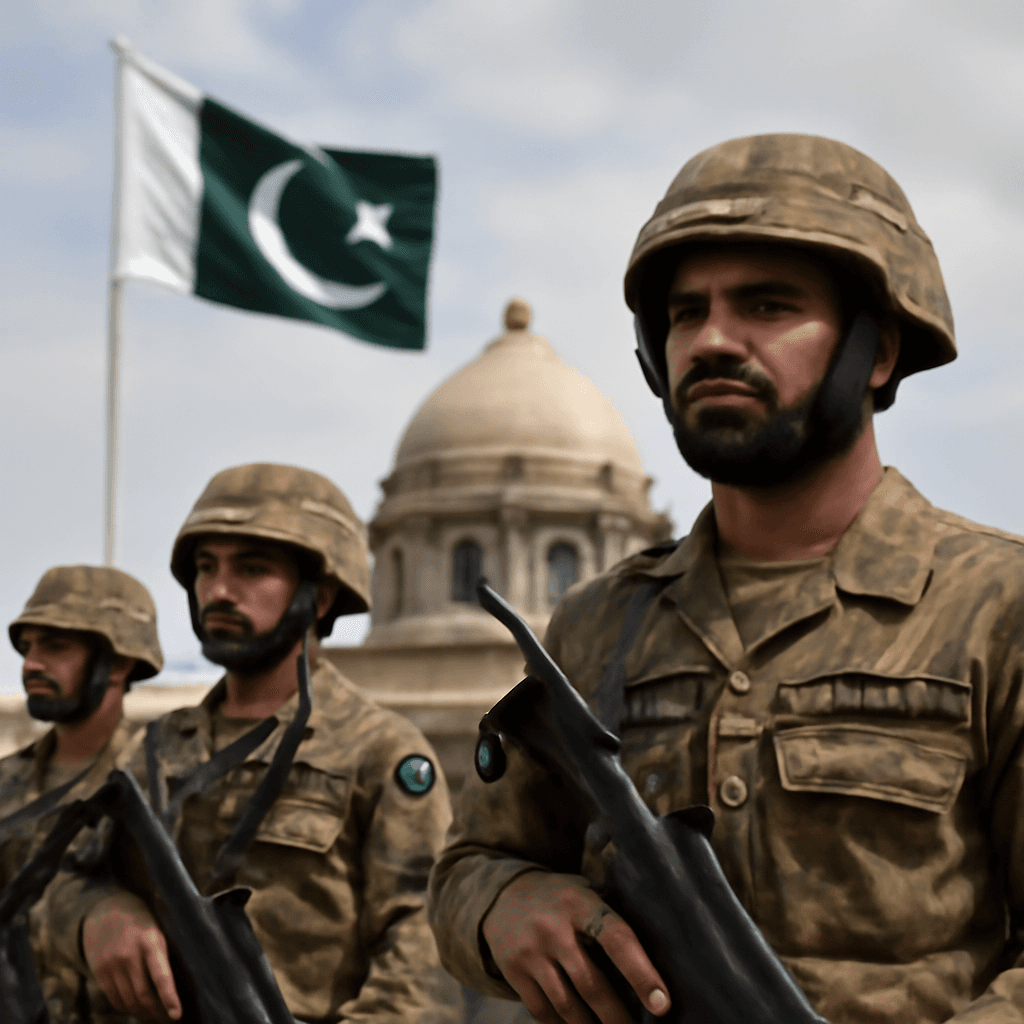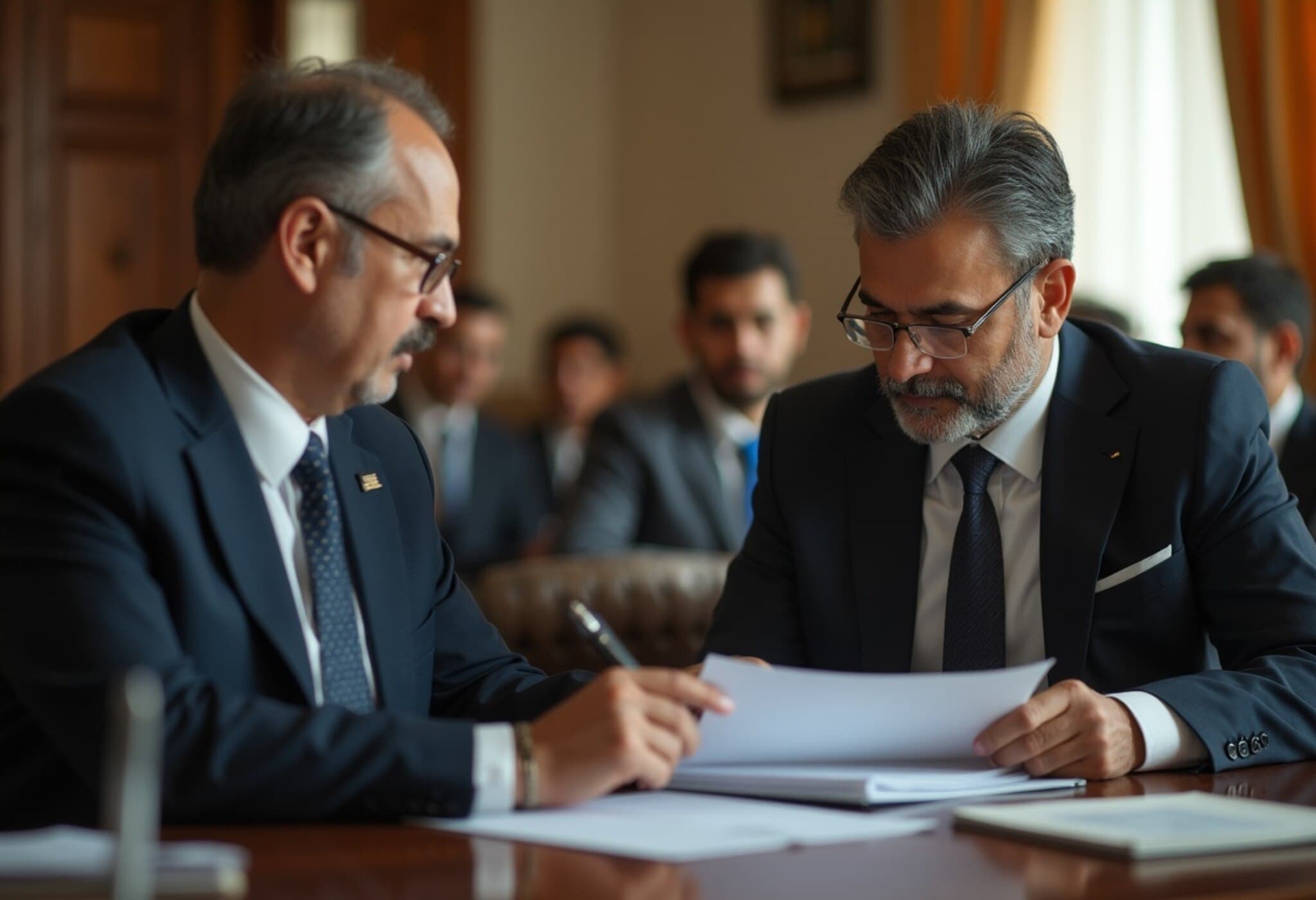Pakistan’s Defence Budget Soars Amid Fiscal Strains
Despite mounting economic challenges, including ballooning debt repayments consuming nearly half of the national budget, Pakistan has chosen to sharply increase its defence spending for the fiscal year 2025–26. Finance Minister Muhammad Aurangzeb announced a record 20% hike in defence allocation, elevating it to ₨ 2.55 trillion, the largest annual rise in over a decade. This injection accounts for nearly 2% of GDP and 15% of the total federal budget, underscoring a clear prioritization of military expenditures over other sectors.
Where the Money Goes: Military Gets the Lion’s Share
The bulk of this budget boost is earmarked for operational and infrastructure expenses, including repairs related to recent security incidents like the Indian Operation Sindoor, which targeted multiple airbases. Notably, the Pakistan Army is allocated close to 45% of the defence budget, while the Pakistan Air Force and Inter-Services Intelligence each receive roughly 20%.
Health and Environment Budgets Take a Hit
While defence funding climbs, Pakistan’s essential public service sectors are feeling the squeeze. The environmental protection budget has been drastically cut from ₨ 7.2 billion to ₨ 3.1 billion, slashing resources devoted to pollution control by more than half. This is especially concerning for cities like Lahore, which ranked among the world’s most polluted last year.
Healthcare funding has suffered an equally steep decline, falling from a revised ₨ 52.1 billion to ₨ 31.9 billion. This comes at a time when the country battles widespread health challenges including diabetes, malaria, and dengue, all compounded by a severe shortage of medical professionals compared to global standards.
Growing Concerns Over National Priorities
These budget shifts have ignited debate over Pakistan's prioritization of military strength over the welfare of its citizens. Analysts warn that sidelining investments in health and environment amid significant fiscal pressures — such as an ongoing IMF program, which mandates nearly half the budget for debt servicing and compels a 7% overall spending cut — could deepen systemic vulnerabilities.
With Pakistan recognized as one of the most climate-sensitive countries worldwide, persistent underfunding in environmental protection threatens to worsen pollution problems and climate-related damages. The World Bank projects that such climate impacts could reduce Pakistan's GDP by up to 20% by mid-century.
Similarly, reduced healthcare allocations risk undermining efforts to control both infectious and chronic diseases, potentially widening health disparities among the population.
The Road Ahead: Balancing Security With Public Welfare
As Pakistan boosts its defence budget amid fiscal austerity, it faces a critical crossroads. Prioritizing short-term security expenditures may inadvertently compromise long-term resilience and citizen well-being. Sustainable development hinges on a balanced approach that safeguards borders while investing adequately in environment and public health.
Ultimately, the government must grapple with tough questions: can Pakistan maintain robust national defense without sacrificing environmental sustainability and public health? The answer will shape the country’s economic and social stability for decades to come.



















